
No Ego: How Leaders Can Cut the Cost of Workplace Drama, End Entitlement, and Drive Big Results
by Cy Wakeman
No Ego, a book about overcoming workplace drama. Cy Wakeman, past guest on The Hidden Why (episode 459), has written a fantastic book to assist organisations and leaders improve results and reduce staffing costs by creating a culture of accountability rather than one of entitlement. It’s a slap in the face to the current style of leadership, and it starts by understanding the role ego plays in the workplace and how to bypass it.
Cy Wakeman is a dynamic international keynote speaker, business consultant, New York Times bestselling author and global thought leader with over 25 years’ experience cultivating a revolutionary new approach to leadership. Grounded in reality, Wakeman’s philosophy has helped organisations and individuals all over the world learn to ditch the drama and turn excuses into results.
She believes most modern-day businesses spend a lot of resources trying to create engaged employees by tending to their emotional needs. To do this, they assess their employee’s happiness or satisfaction levels and then give in to each of their individual needs. It creates an entitlement, not accountability.
Having come from a leadership background myself, I agreed with much of what Cy had to say. When you set out to cater to a person without previous expectations explained first, you may create a sense of entitlement. People start to demand whatever they want, whenever they want.
When I worked for a large retailer, I witnessed this exact process being utilised by human resources. I believe that HR and leaders, myself included, seem only to exist to tackle employee drama continually. I spent a great deal of time invested in dealing with workplace conflict and upset staff that majority of the time didn’t result in improved engagement or productivity. It did the opposite, raised more drama and decreased output.
Ego is the birthplace of drama. Cy suggests the ego takes us down the path of bitching, moaning and whining (BMW). So, what is ego? The ego is the toxic part of the mind that is obsessed with the Self. It is destructive if not understood. The best way I know to understand all things is in greater awareness. Good practice for me is mindfulness meditation.
Why is the ego such the devil? When one is obsessed with their personal needs, they neglect to think of others. This is important to understand not just as it relates to workplace drama but also to much of the suffering we experience in life. On a side note, I think while Cy’s book has been written for leaders it has valuable lessons for people of all walks of life. As I often say, we are the most significant leaders of our lives.
Back to our self-needs. The ego is irrational and illogical. It conjures up stories without facts of clear evidence. It uses these stories to justify to the owner, the person responsible for the mind, why its needs are not being met. Then to make matters worse, we allow the ego to seek out further “false” evidence to support these stories.
To assist us in better understanding the ego’s role in workplace drama and then how to squash it Cy certainly delivers. The key is to acknowledge that the ego is not reality-based. We have to discern between fact and fiction. As we all have our unique perception of reality, the best technique to deal with this is to act without surprise or drama and to seek factual evidence. If the story lacks fact, we need to avoid at all costs the temptation of falling into the bottomless pit of this self-created drama.
The best way to develop engaged employees is through promoting a culture of accountability. Naturally, that means that we do what we say we are going to do. We follow through on executing expectations, and this can is achieved at the company and individual level. I believe accountability drives productivity, results, engagement and happiness. It’s worked for me, however, am well aware that when the ego takes control, things slip.
Tony Robbins once said in an interview I heard him in that he does not negotiate with his mind. A simple and beautiful thought and yet hard to act upon however as Tony suggests that in practice it becomes habitual and mighty. When we negotiate with the mind, the ego, we weaken our effectiveness, and when we are not useful in life, I believe that we stimulate suffering and reduce our level of happiness and well-being.
There are many other insights shared by Cy making this a very worthwhile read. I learned a great deal about effective leadership, new thought processes, methodology and myself. It’s up there with my top 10 reads of 2017. Enjoy!
If this book sounds of interest you can purchase No Ego: How Leaders Can Cut the Cost of Workplace Drama, End Entitlement, and Drive Big Results
here.
Please leave your thoughts, comments & questions below.
Peace, passion and purpose…
Other books that you may enjoy.
Further Reading and Resources
TED Talks: Ideas worth spreading
Elite Daily: The Voice of Generation Y
Four Hour Work Week: How to escape the 9-5, live anywhere and join the new rich.
The Minimalists: How to pursue a minimalist lifestyle and be happier.
Mind Hacks: Tips and Tricks for Using Your Brain
Rich Roll: Plantpowered Wellness Advocate
The Art of Charm: Build confidence, feel comfortable and networking differently.
The Art of Manliness: Encouraging men to be better husbands, fathers, brothers, citizens.
Tiny Buddha: Simple wisdom for complex lives.
Mind Body Green: Lifestyle media brand dedicated to inspiring you to live your best life.
Zen Habits: Find simplicity and mindfulness in life.
Creative NonFiction: “true stories well told.”
Barking Up the Wrong Tree: science-based answers and expert insight on how to be awesome at life.
The Positivity Blog: Practical articles on happiness, self-esteem, productivity and social skills.
FIND YOUR HIDDEN WHY with THE HIDDEN WHY (THW)
BUILD YOUR LIFE AROUND YOUR PASSION AND LIVE WITH PURPOSE
Sign up for free below and receive cool stuff from me each week + Plus a free copy of “The Four Pillars of Success”
In my weekly emails you will receive ideas, thoughts, learning’s and inspiration on:
- How to design a life that you want and live by your terms
- How to live a life with passion & purpose
- Methods, strategies, & techniques on life hacks
- Messages on how to better live your life
- We will also keep you up to date with fantastic interviews from THW podcast




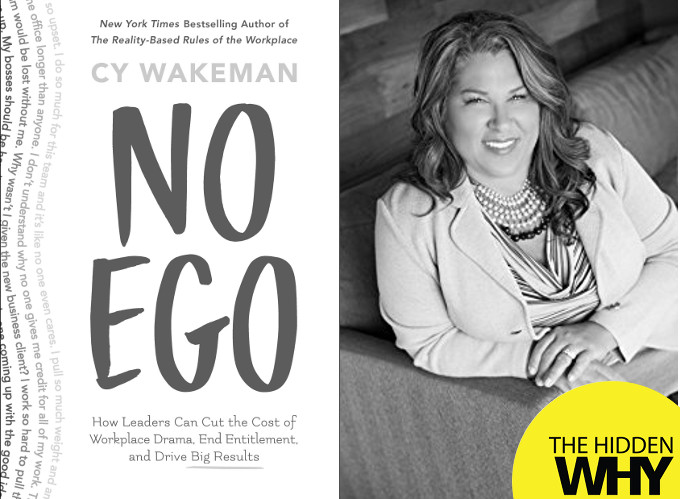
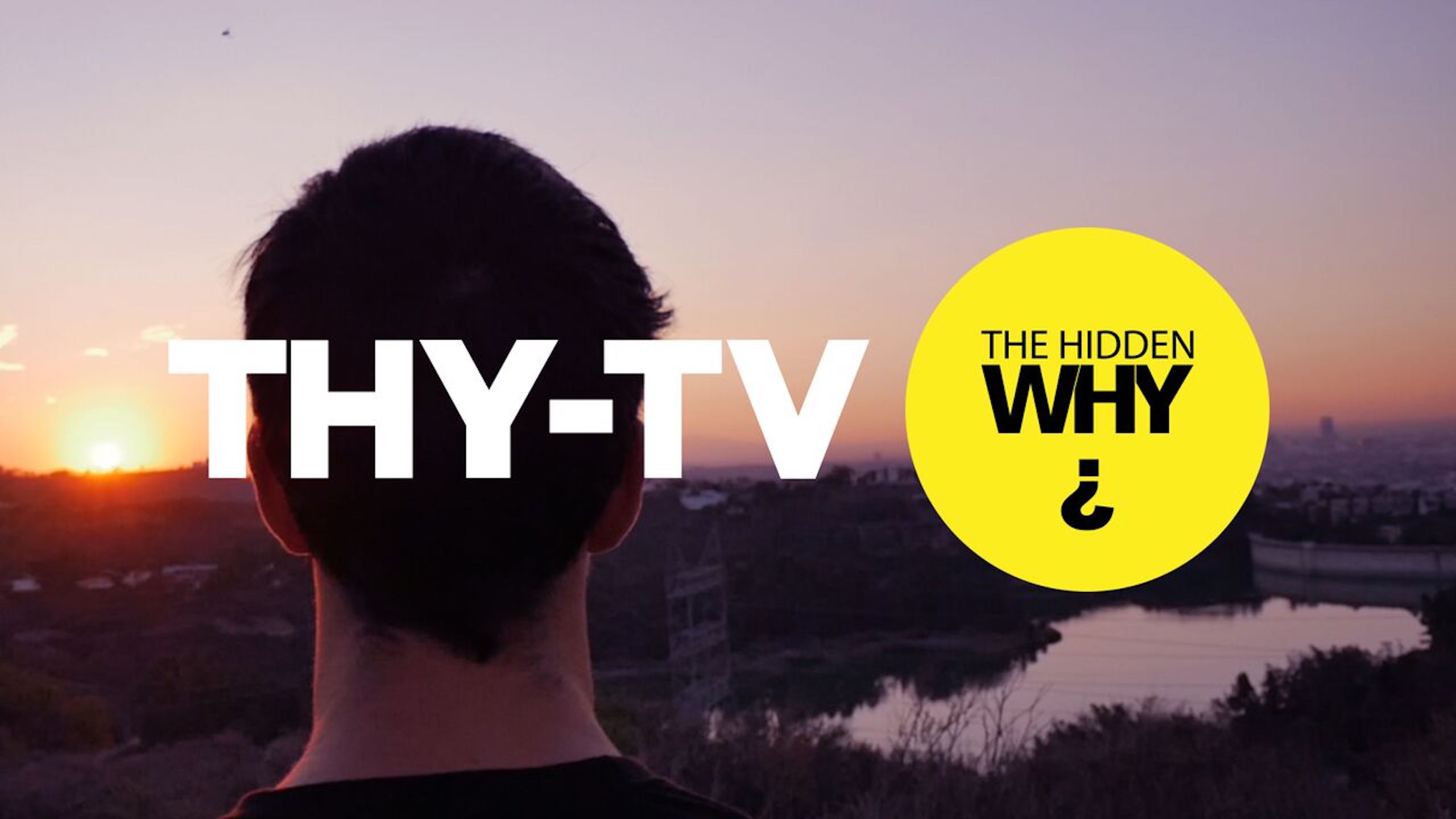
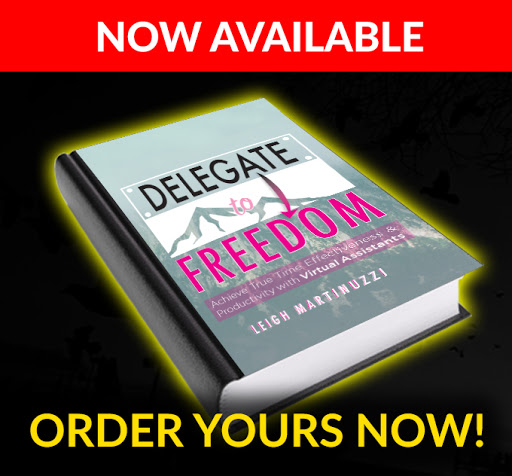




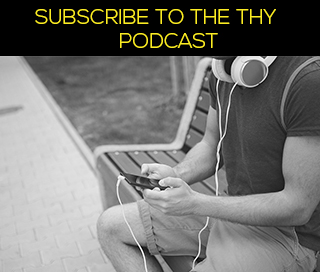
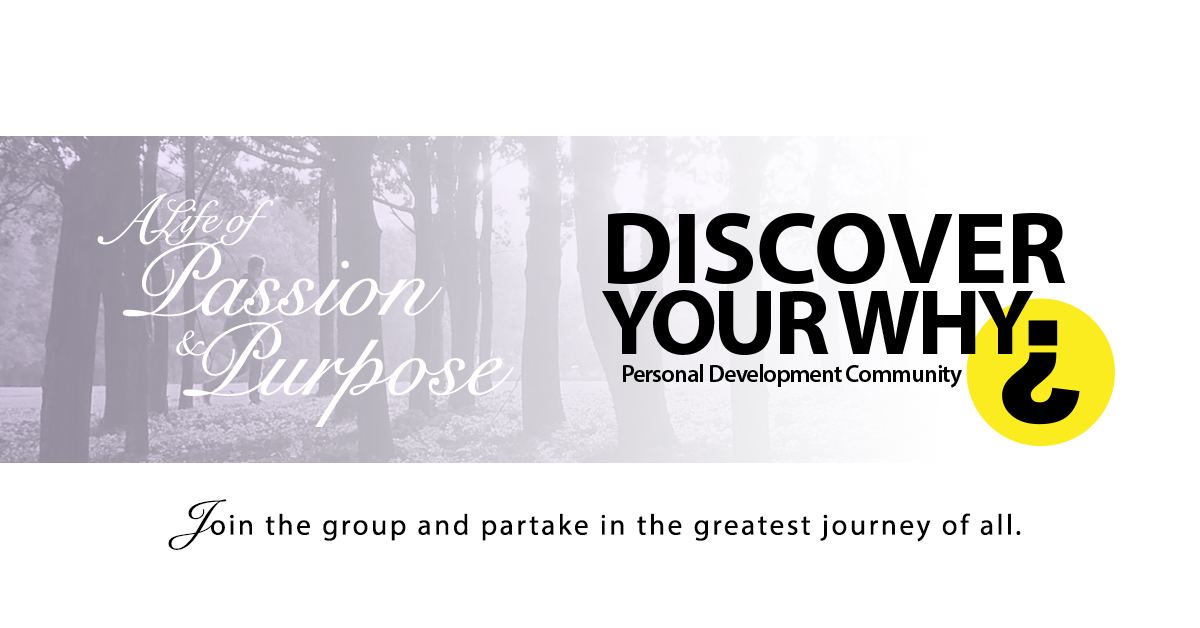
Leave a Reply